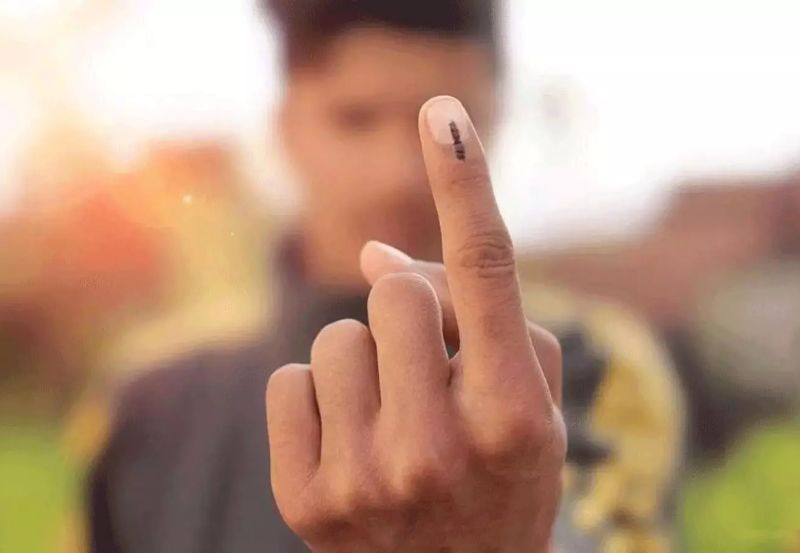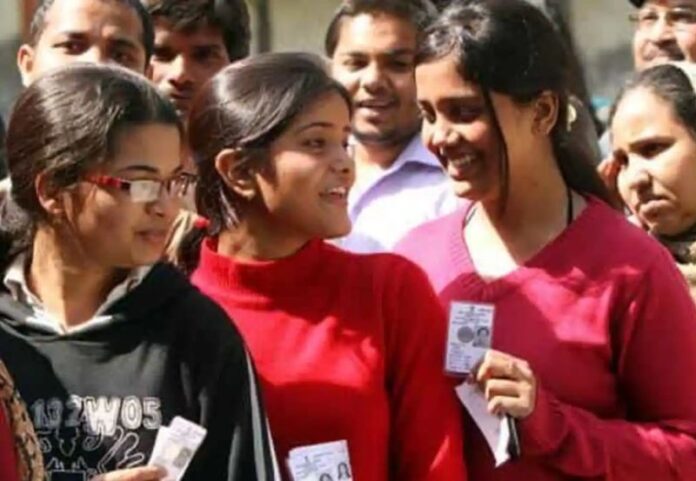The issue is that young people don’t know how to choose between political parties, for a variety of reasons, including the fact that youth-centered agendas are limited. The educational system fails to prepare children to understand the who and why of voting.
The world’s largest democracy is voting in the 18th Lok Sabha elections on Friday. According to the Election Commission of India, less than 40% of voters aged 18 to 19 have registered for the 2024 elections across the country. This is concerning.
Why are the youth of India not voting?
Delhi, Bihar, and Uttar Pradesh have the lowest rates of enrollment. Why aren’t we able to engage this group, especially if the states indicated have substantial young populations?
Many of our youth believe that politicians and political parties do not advocate agendas that are relevant to them. They do not believe in a top-down approach, especially in a political process. There is no manual that can readily sort out difficulties in a world of unclear interpretations and an insufficient understanding of what a real democratic system should be.
Young people are unable to understand the results of their decisions when they vote for the first time since contemplation and analysis are not encouraged in school, even in the classes with the highest seniority. No one teaches them the realities that give meaning to their decisions, nor do they learn how to connect with the various processes and interactions that exist outside of themselves, which will help them clarify their perspective.
In India, every fifth person is between the ages of 10 and 19. A young person’s vote is important, and so is their voice. When the ballot is cast, the small mark on the index finger indicates that the country matters.
Our young people participate in something much greater than any one individual when they cast their ballots. We must teach the youth that there are few activities more powerful than voting, and that their decision will affect their lives in a variety of ways. Before voting, they must be aware of topics that influence them locally and nationally so that they can make informed decisions.

Participation in elections is a fundamental freedom. Those who do not vote should be aware that there will be consequences because democracy will not reach its full potential. Good governments are formed only when the entire country votes together.
The youth who leave school unnoticed are frequently overlooked by politicians who seek votes. If concerns affecting young adults, such as tuition fee subsidies in higher education, better quality livelihoods, and health care, are not highlighted during campaigns, voter turnout decreases.
Generation Z has been labeled as indifferent, apathetic, and lazy. As an instructor, my contacts with students have lead me to feel that they care – they are passionate about social action, and they volunteer more than any previous generation. Never before have so many young protests, revivals, and pressure organizations resulted in change. This is a generation that has witnessed societal instability, as well as having their lives affected and shaped by the pandemic and climate change.
Young people are continuously consuming information and have unlimited access to it thanks to social media. Political messages are shaping their choices. They prefer to campaign online. It’s ridiculous that voting isn’t available online in this digital age. Expecting young people to line up to vote is ridiculous. Over 90% of them access the internet at least five times every week. If voting is allowed online, more people are likely to vote. If bank transactions can be made secure, then so can online voting. The difficulty is that young people don’t know how to tell the difference between political parties, for a variety of reasons, including the limited scope of youth-centered agendas.
The educational system does not prepare children to understand the who and why of voting. The youth of today are unable to draw political lessons from society. Today’s kids are full of new ideas and better connected than earlier generations. Technology has blurred the boundaries in their personal life. Activism has become synonymous with everything they think and do. They contribute more than any other age group to numerous causes. During talks in progressive schools, students have shown a desire to advocate for themselves, the environment, the marginalized, LGBTQIA+ rights, justice for minorities, and educational access. It just takes a sense of responsibility, passion, and empowerment to use the voice that everyone of them have to completely transform society.
To today’s young voters: Please vote, because there are instruments available that will allow you to speak louder than any other generation in history.
